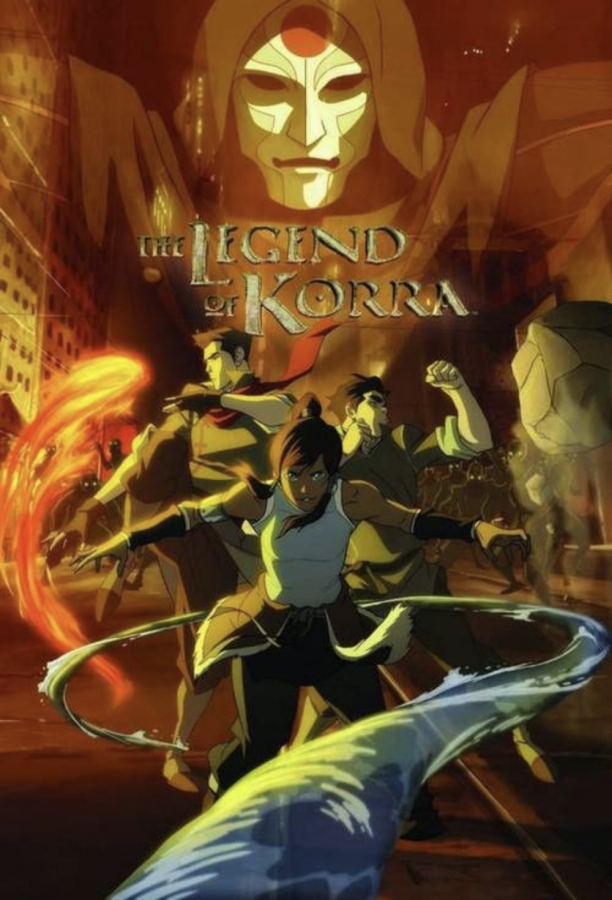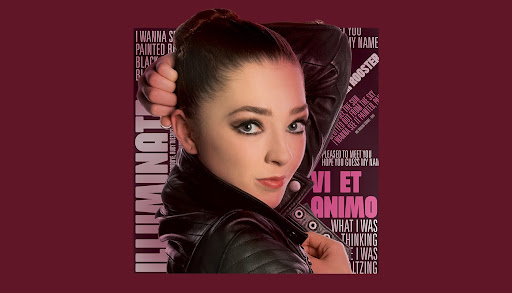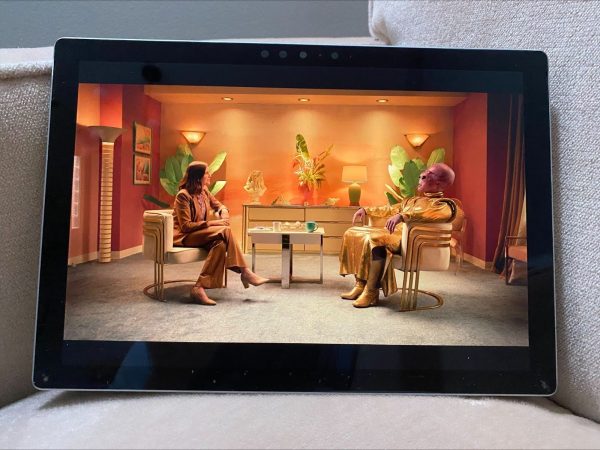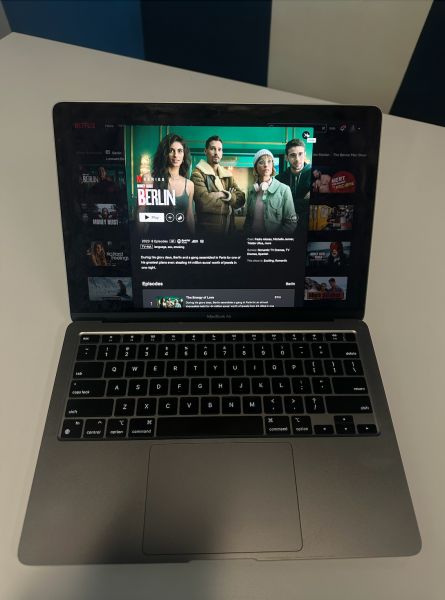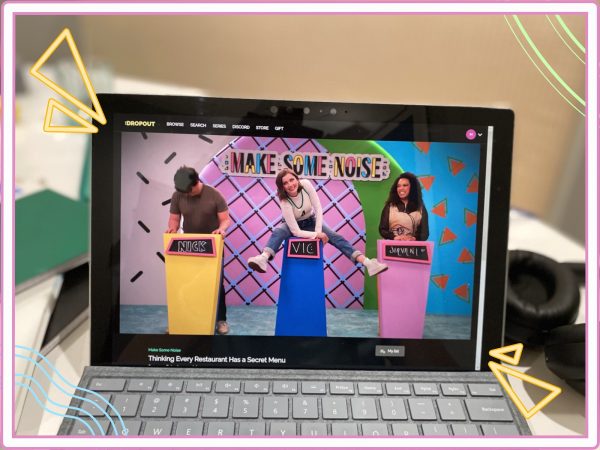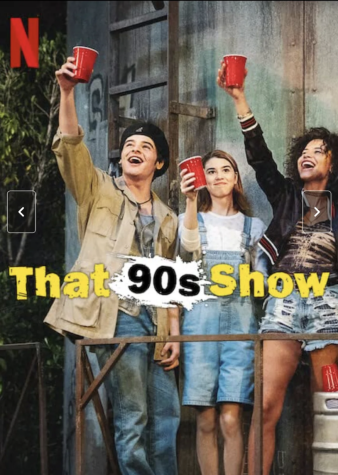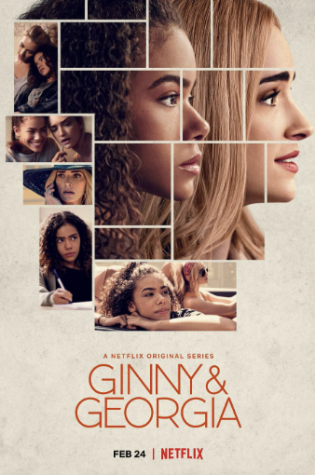The Legend of Korra: Radical Representation
On Friday, August 14th, 2020 TV series “The Legend of Korra” series was finally released on Netflix. This spin-off to the beloved show “Avatar: The Last Airbender,” was originally released on April 14, 2012 on Nickelodeon but was re-released on Netflix following the hype of “Avatar: The Last Airbender,” which quickly rose to the top 10 most popular shows on the streaming platform.
The plot follows Korra, the next regeneration of the Avatar, set 70 years after the events of “Avatar: The Last Airbender.” As she treads Republic City, a melting pot of culture where benders and non-benders live together, she discovers a growing anti-bending revolution that threatens to tear the city apart. While dealing with the dangers of this revolution, Korra, having mastered the earth, water and fire elements, begins her airbending training under her mentor, Tenzin.
The compelling journey of Avatar Korra faced heavy censorship from Nickelodeon. In 2012, the show’s first season aired in the precious Saturday-morning slot but was moved to Friday nights, after being deemed too mature for killing a character on-screen. “Legends of Korra” continued to air dark material, resulting in its shocking removal from the channel itself, instead airing online.
This show was beyond its time for a variety of reasons. It aired a strong, indigenous female protagonist in a major TV show network, something that was never before seen in kid’s media. She was not the only strong female character though, as the show was packed with powerful female protagonists of all ages – from young children to grandmothers. It played on no stereotypes either, as the male leads subverted the stereotypical heroic-type trope.
However, the censorship of “Korra” was not due to the demographics of the characters, but rather the relationships between them.
The true reason for the increasing censorship was revealed in season four, when the creators started hinting at a queer on-screen romance between Korra and another woman. They exclusively exchanged letters between them, shared stolen moments, and at the finale, romantically walked off into a sunset-like spirit portal. Due to censorship, the show was never able to show the two women kiss, but the romantic subtext was present. There are many criticisms of the LGBTQ+ representation in the show being unsatisfactory because it was not made explicit. However, the show was groundbreaking for its time. The fourth season released in 2014, a time before same-sex marriage was even legalized in The United States.
“The Legend of Korra” remains iconic for representation, showing young children and teens that a queer woman of color is capable of being the heroine of the story. The show should not be regarded as the end-all for queer representation but rather as a bold starting point to radical inclusion in kids media.
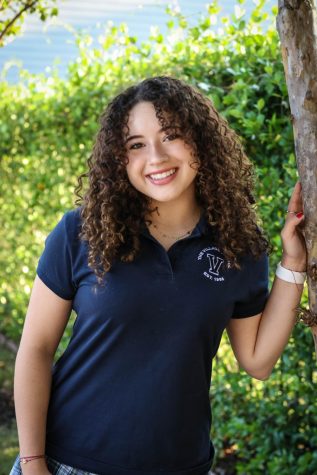
Regina Blenda Ayala is a passionate and driven senior who wants to make an impact every chance they get. They mostly connect with their Paraguayan...

